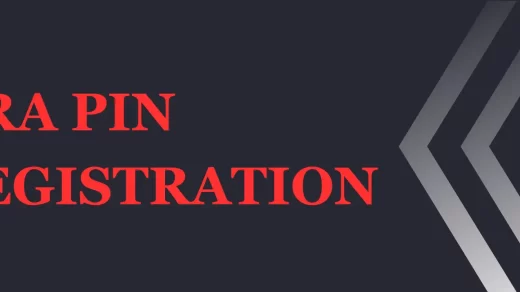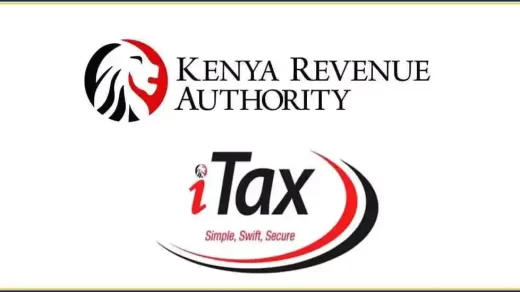Tax amnesty is a temporary opportunity provided to a specific class of taxpayers to address particular issues or achieve specific objectives. In the context of the Finance Act, 2023, Section 37E was introduced into the Tax Procedures Act, 2015, granting a tax amnesty on penalties and interest related to tax debt for periods up to December 31, 2022.
This comprehensive guide provides insights into the eligibility criteria, application process, and other critical aspects of the tax amnesty.
Eligibility for Tax Amnesty
To qualify for tax amnesty on penalties and interest:
- The person must have no principal taxes owed, but there are penalties and interest for periods up to December 31, 2022.
- The individual must fully pay any outstanding principal taxes accrued up to December 31, 2022, by June 30, 2024.
Duration of Tax Amnesty
The tax amnesty period commences on September 1, 2023, and concludes on June 30, 2024.
Applying for Tax Amnesty
Taxpayers can apply for tax amnesty through various channels:
- Logging into iTax and navigating to the Amnesty application tab under Debt and Enforcement.
- Clicking on the provided link through Email/SMS, redirecting to iTax for application.
- Visiting the nearest Tax Service Office (TSO) or KRA help desk at Huduma Centre for assistance in the application process.
Payment Plan Option
Taxpayers can apply for a payment plan using the amnesty application form. However, amnesty will only be granted for principal taxes paid in full before June 30, 2024. Unpaid amounts by this deadline will be subject to enforcement measures.
Amnesty vs. Waivers and Write-offs
The Finance Act, 2023, eliminated Sections 37 and 89 of the Tax Procedures Act (TPA) 2015, which provided for write-off of taxes and waivers, respectively. Amnesty, therefore, differs from waivers and write-offs, focusing on penalties and interest for specified periods.
Handling Debts in Dispute
When applying for amnesty, taxpayers should select only the periods with debts they agree with and exclude disputed debts. After submission, follow up with the respective Tax Service Office to resolve disputes promptly, allowing for timely amnesty application for agreed amounts.
Evidence for Amnesty Application
No attachments are required for amnesty applications. Accepting the terms and conditions in the online form commits the taxpayer to pay the outstanding debt by June 30, 2024, to enjoy the amnesty.
Confirmation of Amnesty Granted
For periods with no outstanding principal taxes, the ledger will be credited with an amount equal to the penalties and interest owed by June 30, 2024. For periods with outstanding principal taxes, the ledger will be credited upon full payment of outstanding taxes.
Consequences of Non-compliance
Failure to sign up for amnesty or non-compliance with the terms and conditions will result in penalties and interest on unpaid principal taxes being subject to enforcement measures as per the law.
Automatic Waiver for Timely Payments
Taxpayers who have paid all principal taxes due by December 31, 2022, will receive an automatic waiver of penalties and interest related to that period, eliminating the need for an amnesty application.
Filing Returns and Amnesty
Taxpayers who have not filed returns can benefit from amnesty for penalties and interest related to tax debts for periods up to December 31, 2022. However, penalties and interest accruing from January 1, 2023, shall be payable.
Dispute Resolution and Amnesty
Taxpayers undergoing dispute resolution processes can still qualify for amnesty if the matter is resolved, and the principal tax is paid in full before June 30, 2024.
Seeking Additional Information
For more information on tax amnesty:
- Visit the KRA Website.
- Check KRA’s Twitter and Facebook pages.
- Visit the nearest Tax Service Office or KRA desk at a Huduma Centre.
- Contact the KRA call center.
Understanding and adhering to the specifics of the tax amnesty program is crucial for taxpayers, providing an opportunity to address outstanding tax issues and benefit from relief on penalties and interest.




